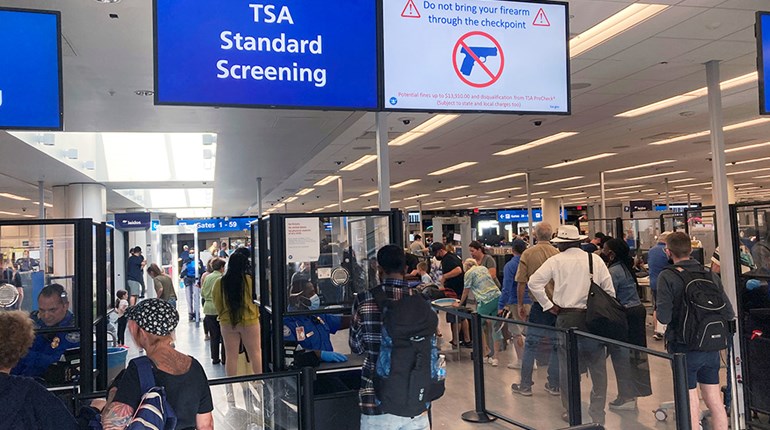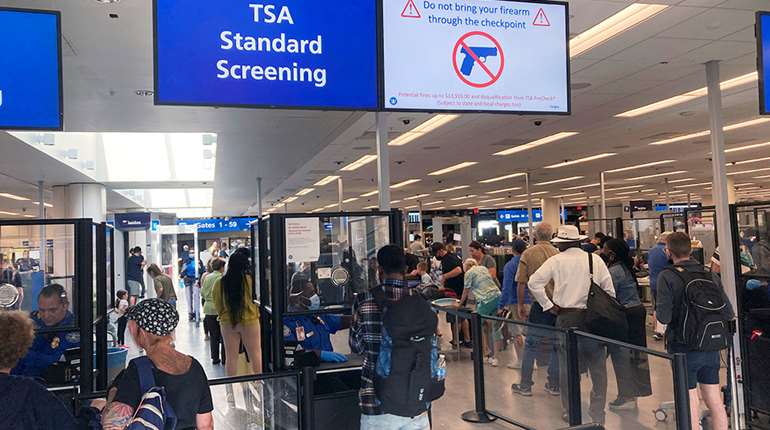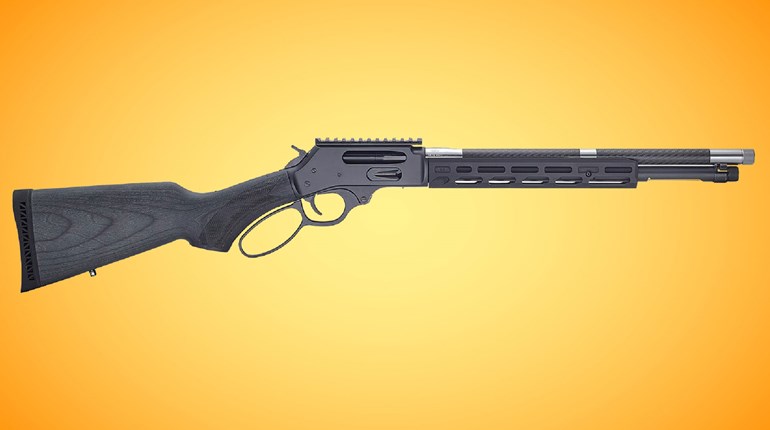
Unlike Americans who have a right to bear arms and purchase firearms for self-defense, Germans are subject to among the strictest gun-control laws in Europe.
The amount of German citizens seeking weapons for self-defense has doubled at a time when Europe has seen an increase of terrorist attacks. Since 2014, Germany has issued approximately 600,000 basic weapons licenses—a 130 percent jump in the last five years.
“Obviously, people believe they are buying safety with a small gun license,” noted a German minister in Saxony-Anhalt.
One of the most high-profile terrorist attacks on German soil was the Berlin Christmas Market attack in December 2016; prior to the attack, the perpetrator was well-known to German authorities as a radical Islamist, but was not apprehended.
This situation was met with indignation by much of the German general public in the aftermath of the attack and helped create a loss of public trust in German security services.This was followed by a sharp series of terrorist attacks in 2017 that occurred in London, Russia, Sweden and in other locations in Germany.
But what protection will Germans actually gain from their new gun licenses? Not the type of self-defense that a person with serious safety concerns might expect.
The German “basic weapons license” limits a person to carrying the following arms:
- Gas pistols,
- Flare pistols,
- Stun guns,
- Pepper spray, and
- Other small non-lethal weapons.
Furthermore, these “small weapons” are only for emergency use and are not allowed to be carried in public in Germany.
When faced with a life of death situation, a German small-arms license bearer can defend themselves against a likely armed assailant using a cloud of pepper spray, a flare, or burst of a teargas-like substance from gas signal guns.Germany has no constitutional right to bear arms in its legal tradition. “It restricts the acquisition, possession, and carrying of firearms to those with a creditable need for a weapon. It bans fully automatic weapons and severely restricts the acquisition of other types of weapons. Compulsory liability insurance is required for anyone who is licensed to carry firearms.”
To obtain a license for non-lethal guns, it is necessary to prove that the applicant is reliable, knows how to use the technology, has expertise in the firearm, has lived in Germany for five years, and has an actual need for the gun.
Some German officials have expressed concern that the improper use of pepper spray and non-lethal gas pistols could increase violence in the country. However, there is “a growing sense of public insecurity” in Germany.
“While Germany has strict gun control laws, it’s arguably not that difficult to obtain a license for non-lethal weapons. The applicant has to be at least 18 years old, though convicted felons, alcohol or drug addicts and people with a record of mental illness are barred.”
The fact that so many Germans are legally applying for small arms permits is an indication of their law-abiding mindset and commitment to following rules.However, as in America, it is likely the criminals that the Germans hope to protect themselves from will not follow the same rules as law-abiding citizens do when obtaining firearms.


































